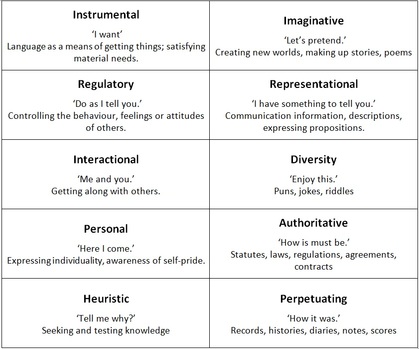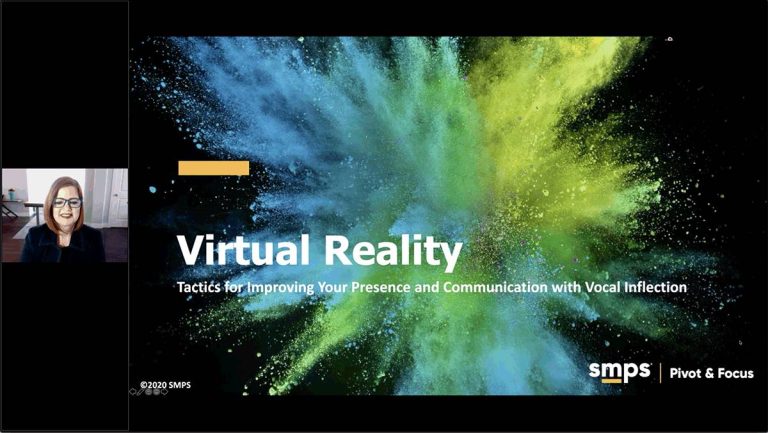4 Basic Personality Styles in Communication
Good communication builds trust and strengthens relationships. People have unique personality traits that influence how they communicate. Recognizing and adapting to these differences helps create meaningful interactions.
There are four basic personality styles in communication: Relators, Analyzers, Directors, and Expressives. Each has distinct preferences and needs in how they share and receive information. Let’s explore these styles in detail and learn how to connect with each effectively.
1. Relators: The Sensitive Connectors
Relators focus on building relationships and emotional connections. They value harmony and avoid conflict whenever possible. Communication for them is about trust, understanding, and mutual respect.
Key Traits of Relators
- Warm and people-oriented
- Concerned with maintaining relationships
- Prefer supportive and peaceful interactions
- Often avoid direct confrontation
- Sensitive to others’ emotions
Relators care deeply about others’ feelings. They prefer meaningful conversations where they feel heard and appreciated. They avoid situations where they might upset or offend others.
Communicating with Relators
Relators thrive in positive and encouraging conversations. Use a warm and friendly tone to make them feel comfortable. Show empathy and ask about their feelings or experiences. Avoid being overly critical or blunt, as this can make them withdraw.
Focus on building trust by listening attentively. Relators appreciate genuine interest in their thoughts and emotions. Acknowledge their contributions and show gratitude for their efforts.
Relators often seek reassurance and prefer collaborative problem-solving. To connect effectively, make them feel valued and supported.
2. Analyzers: The Logical Thinkers
Analyzers approach communication with precision and structure. They focus on details and value accuracy. Emotional appeals or vague statements often fail to resonate with them.
Key Traits of Analyzers
- Detail-oriented and logical
- Focused on facts, data, and evidence
- Dislike uncertainty or ambiguity
- Cautious in decision-making
- Prefer well-organized, structured conversations
Analyzers excel at breaking down complex problems and finding logical solutions. They take their time to assess information carefully before offering opinions or making decisions.
Communicating with Analyzers
Clarity is crucial when speaking to Analyzers. Present your ideas in an organized way, backed by facts or examples. Avoid making emotional appeals, as they prioritize rational thinking over feelings.
Give them space to think and process information. Avoid pressuring them for immediate responses. Analyzers appreciate thorough explanations and will often ask questions to clarify details.
Show respect for their need for precision. Be prepared to answer questions with well-thought-out information. This builds their trust and confidence in your communication.
3. Directors: The Goal-Oriented Leaders
Directors are driven by results and efficiency. They focus on achieving goals and prefer straightforward communication. Conversations with Directors often center on solutions and actions rather than emotions or details.
Key Traits of Directors
- Confident and assertive
- Goal-oriented and focused on outcomes
- Prefer concise, direct communication
- Dislike unnecessary small talk
- Thrive in fast-paced, action-driven environments
Directors value productivity and efficiency. They prefer quick, clear conversations that prioritize solutions and next steps.
Communicating with Directors
Be brief and get to the point quickly. Avoid long explanations or irrelevant details. Focus on what needs to be done and how it aligns with their goals.
Use confident and assertive language. Directors respect straightforward communication and dislike hesitation or uncertainty. Be prepared with clear action steps and solutions to their concerns.
Respect their time by keeping conversations focused and productive. Directors appreciate a sense of urgency and often prefer results over prolonged discussions.
4. Expressives: The Enthusiastic Achievers
Expressives bring energy and creativity to their communication. They enjoy sharing ideas and connecting with others. Expressives often balance a focus on people and tasks, making them engaging and dynamic communicators.
Key Traits of Expressives
- Outgoing and enthusiastic
- Creative and achievement-oriented
- Enjoy brainstorming and sharing ideas
- Focus on both people and results
- Thrive on energy and motivation
Expressives are natural storytellers. They enjoy lively conversations that inspire and engage. Their positive energy often motivates others around them.
Communicating with Expressives
Show enthusiasm and energy when interacting with Expressives. Engage with their ideas and encourage open discussions. Be willing to share your thoughts and collaborate on creative solutions.
Expressives value dynamic and engaging conversations. They enjoy exchanging stories or exploring new possibilities. Listen actively and respond with genuine interest to keep their attention.
Balancing personal connection with a focus on goals strengthens your relationship with Expressives. They appreciate both collaboration and achievement.
How to Adapt Your Communication Style
Flexibility is key to successful communication. Adapting your approach to match someone’s personality style helps you connect more effectively.
- For Relators: Show empathy and focus on building trust. Use a warm, supportive tone.
- For Analyzers: Present information clearly and logically. Use facts and avoid rushing them.
- For Directors: Be direct, concise, and focused on results. Respect their time and efficiency.
- For Expressives: Show enthusiasm and engage in creative discussions. Be open and collaborative.
Adapting doesn’t mean changing who you are. It means understanding others’ needs and adjusting your communication style to foster better interactions.
Why Understanding Personality Styles Matters
Effective communication is essential in every aspect of life. Recognizing different personality styles improves relationships, teamwork, and problem-solving. It allows you to connect with people in a way that makes them feel understood and respected.
Whether you’re working on a team, building a friendship, or managing a project, these insights can help. By practicing adaptability, you can navigate conversations with confidence and ease.
Understanding and respecting personality differences builds stronger, more meaningful connections. It’s a skill that benefits every area of life.



